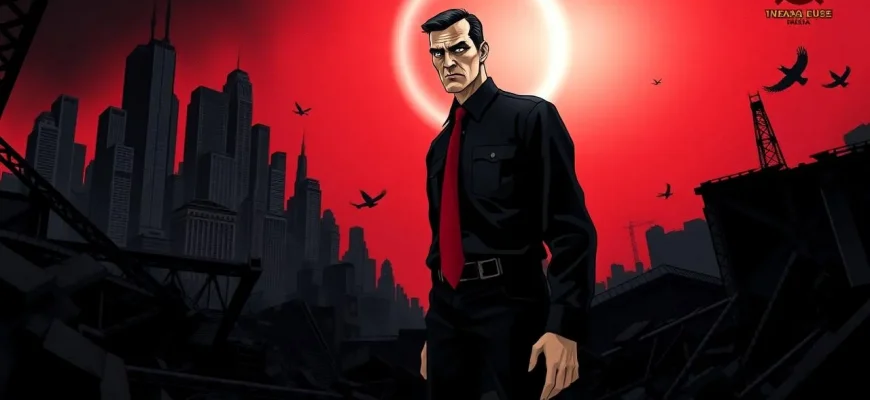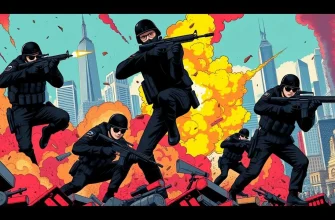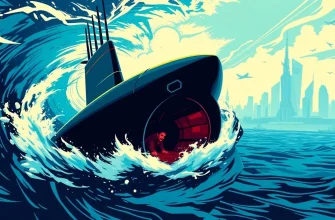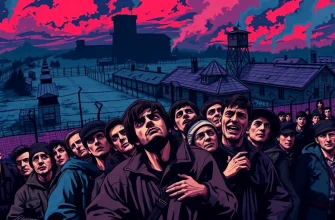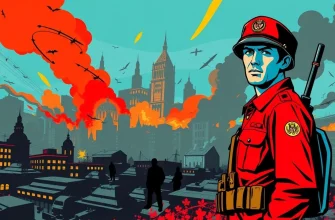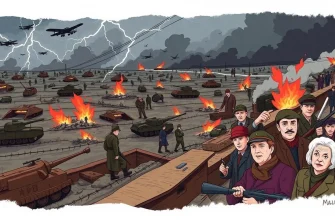This curated collection of fascist thriller films delves into the dark and often terrifying world of fascism, exploring themes of power, control, and resistance. Each film in this list provides a unique perspective on the psychological and societal impacts of fascist regimes, making it an essential watch for those interested in history, politics, and suspenseful storytelling. These films not only entertain but also provoke thought, offering a window into the complexities of human nature under oppressive rule.

The Pianist (2002)
Description: While primarily about the Holocaust, this film also reflects on the fascist elements of Nazi Germany through the eyes of a Polish Jewish pianist.
Fact: Adrien Brody won the Best Actor Oscar for his role, and he famously sold his car to prepare for the role by experiencing hunger.
 Watch Now
Watch Now
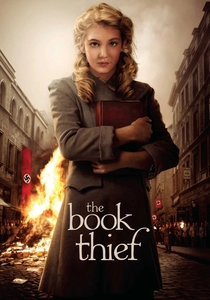
The Book Thief (2013)
Description: Set in Nazi Germany, this film follows a young girl who finds solace by stealing books and sharing them with others, highlighting the human spirit's resistance to fascist oppression.
Fact: The film is based on the bestselling novel by Markus Zusak, which was inspired by his own family history.
 Watch Now
Watch Now
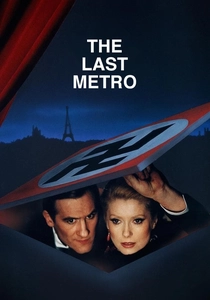
The Last Metro (1980)
Description: Set in occupied Paris during WWII, this film examines the life of a theatre company under the Vichy regime, highlighting resistance and survival.
Fact: François Truffaut, the director, was known for his love of cinema, which is reflected in the film's setting.
 Watch Now
Watch Now
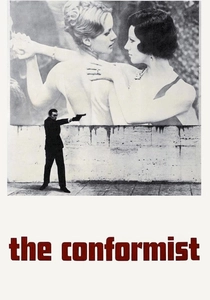
The Conformist (1970)
Description: This film follows an Italian man who joins the fascist secret police to assassinate his former professor, exploring themes of conformity and moral ambiguity under Mussolini's regime.
Fact: The film's director, Bernardo Bertolucci, was only 29 when he made this masterpiece, and it was his first major international success.
 30 Days Free
30 Days Free
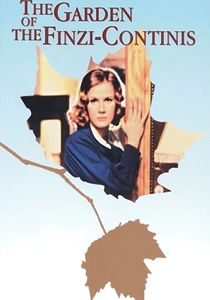
The Garden of the Finzi-Continis (1970)
Description: This film portrays the lives of an aristocratic Jewish family in Italy during the rise of fascism, focusing on their isolation and eventual persecution.
Fact: The film won the Academy Award for Best Foreign Language Film in
 30 Days Free
30 Days Free
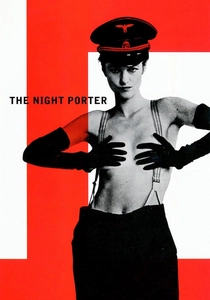
The Night Porter (1974)
Description: A former SS officer and a concentration camp survivor meet again years later, sparking a complex and controversial relationship that delves into the psychological aftermath of fascism.
Fact: The film was highly controversial upon release due to its depiction of a sadomasochistic relationship between a Nazi and his former victim.
 30 Days Free
30 Days Free
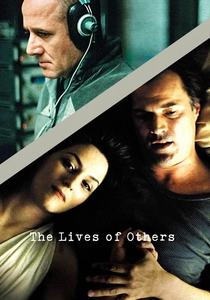
The Lives of Others (2006)
Description: Although set in East Germany, this film explores the oppressive surveillance state, which shares similarities with fascist regimes in its control over citizens' lives.
Fact: The film was the first German film to win the Academy Award for Best Foreign Language Film since
 30 Days Free
30 Days Free
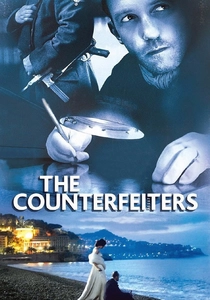
The Counterfeiters (2007)
Description: This film tells the story of Operation Bernhard, where prisoners in a Nazi concentration camp were forced to produce counterfeit money, showcasing the moral dilemmas under fascist rule.
Fact: The film won the Academy Award for Best Foreign Language Film.
 30 Days Free
30 Days Free
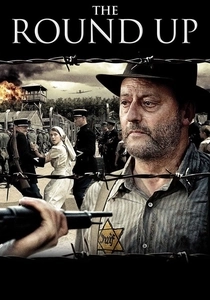
The Round Up (2010)
Description: This film recounts the Vel' d'Hiv Roundup, where French police arrested thousands of Jews, many of whom were sent to Auschwitz, under the Vichy government's collaboration with Nazis.
Fact: The film was based on the true events of the Vel' d'Hiv Roundup in
 30 Days Free
30 Days Free

The Damned (1969)
Description: Set in Germany during the rise of the Nazis, this film examines the moral decay of a wealthy industrial family as they align with the fascist movement.
Fact: Luchino Visconti, the director, was known for his lavish sets and detailed historical accuracy, which are evident in this film.
 30 Days Free
30 Days Free

